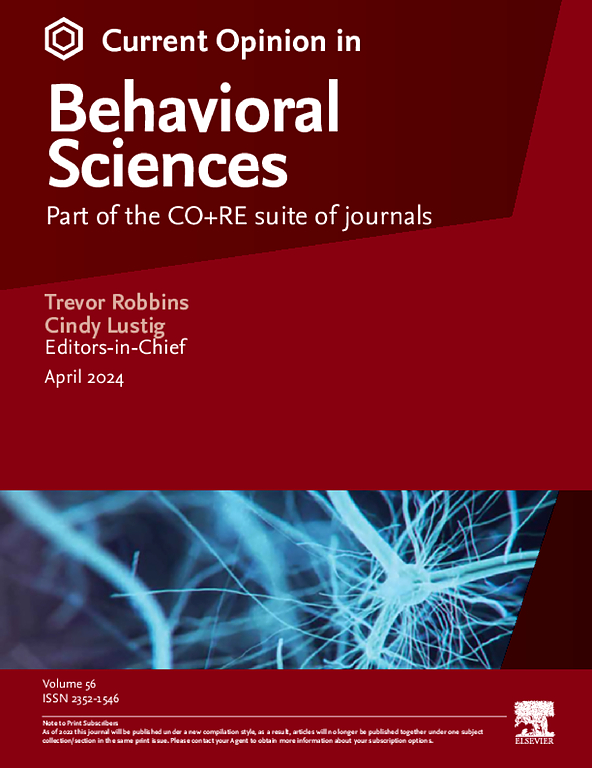My path from traditional to critical quantitative methods: integrating racial equity frameworks in quantitative research
IF 3.5
2区 心理学
Q1 BEHAVIORAL SCIENCES
引用次数: 0
Abstract
Although traditional quantitative approaches often reinforce the status quo (white supremacy), scholars dating back to W.E.B. Du Bois have also used them for justice to challenge racial and systemic inequities. This paper traces my personal journey from traditional (post)positivism quantitative methods to embracing critical methodologies, particularly those grounded in racial justice. I then highlight the transformative potential of emerging frameworks such as Quantitative Critical Race Theory (QuantCrit), Critical Structural Equation Modeling (CritSEM), Critical Race Mixed Methods (CRMM), and Justice-oriented Anti-racist Validation (JAV). These approaches not only challenge the biases embedded in quantitative research but also reimagine data collection, analysis, and interpretation to center justice. The paper concludes with a discussion on the future of critical quantitative methods, emphasizing the need for continued scholarship, methodological innovation, and training to institutionalize these approaches in research and policy.
我的路径从传统到关键的定量方法:整合种族平等框架在定量研究
尽管传统的定量方法往往会强化现状(白人至上主义),但早在W.E.B.杜波依斯(W.E.B. Du Bois)时代,学者们就已经用它们来寻求正义,挑战种族和体制上的不平等。本文追溯了我个人从传统(后)实证主义定量方法到拥抱批判方法的历程,特别是那些以种族正义为基础的方法。然后,我强调了新兴框架的变革潜力,如定量关键种族理论(QuantCrit)、关键结构方程建模(CritSEM)、关键种族混合方法(CRMM)和面向正义的反种族主义验证(JAV)。这些方法不仅挑战了定量研究中的偏见,而且重新构想了数据收集、分析和解释的中心正义。本文最后讨论了批判性定量方法的未来,强调需要持续的学术研究、方法创新和培训,以使这些方法在研究和政策中制度化。
本文章由计算机程序翻译,如有差异,请以英文原文为准。
求助全文
约1分钟内获得全文
求助全文
来源期刊

Current Opinion in Behavioral Sciences
Neuroscience-Cognitive Neuroscience
CiteScore
10.90
自引率
2.00%
发文量
135
期刊介绍:
Current Opinion in Behavioral Sciences is a systematic, integrative review journal that provides a unique and educational platform for updates on the expanding volume of information published in the field of behavioral sciences.
 求助内容:
求助内容: 应助结果提醒方式:
应助结果提醒方式:


